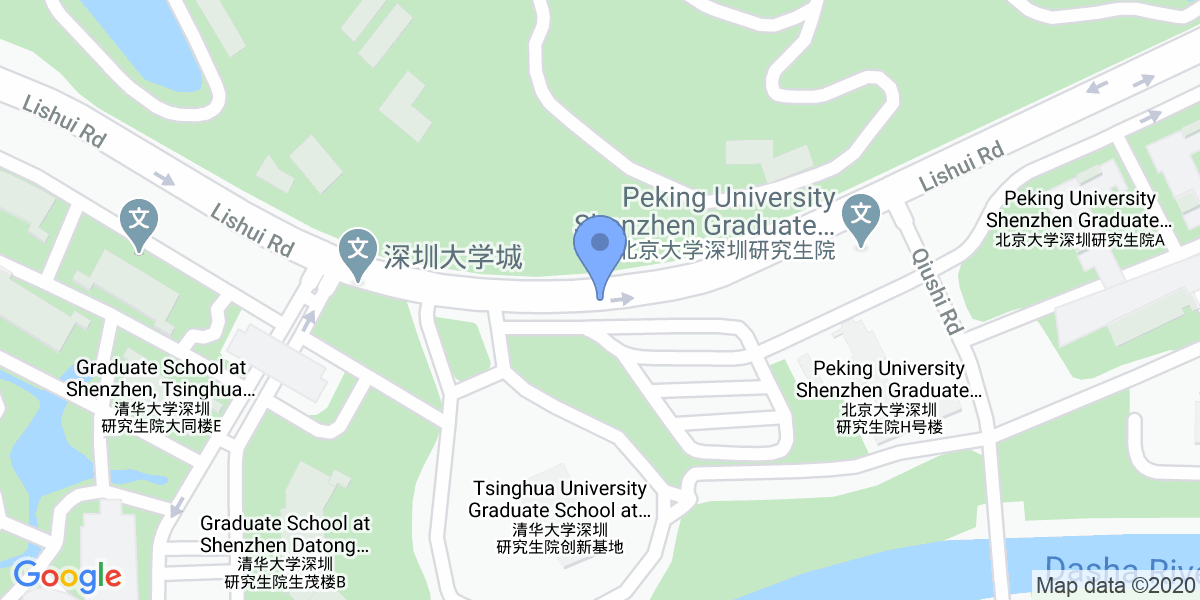Student profile
STL looks for ambitious and accomplished candidates who are future oriented and see the unique value in completing a rigor LL.M. program in China. Our students want to differentiate themselves from their peers back home and gain knowledge and connections that they could not have found in the U.S., UK, or EU. Our students want a more adventurous path to their legal objectives, but still with the comfort of knowing they are getting a world class education at a top ranked University. STL’s LL.M. includes students who were criminal prosecutors, university lecturers, government officials, doctoral students, commercial lawyers and Olympic athletes.

